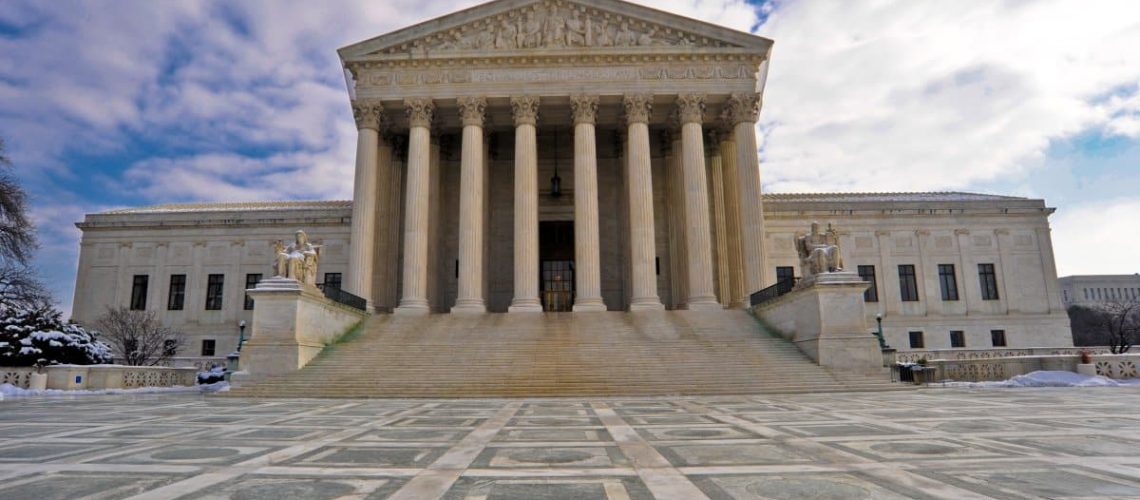The Supreme Court ruled that the right to marry is different from the right to cohabit with a spouse in the case Department of State v. Muñoz. This could potentially threaten same-sex marriage rights going forward. The ruling was also based on tattoos as evidence for denial, potentially putting the future of immigration cases at risk.
Department of State vs. Muñoz
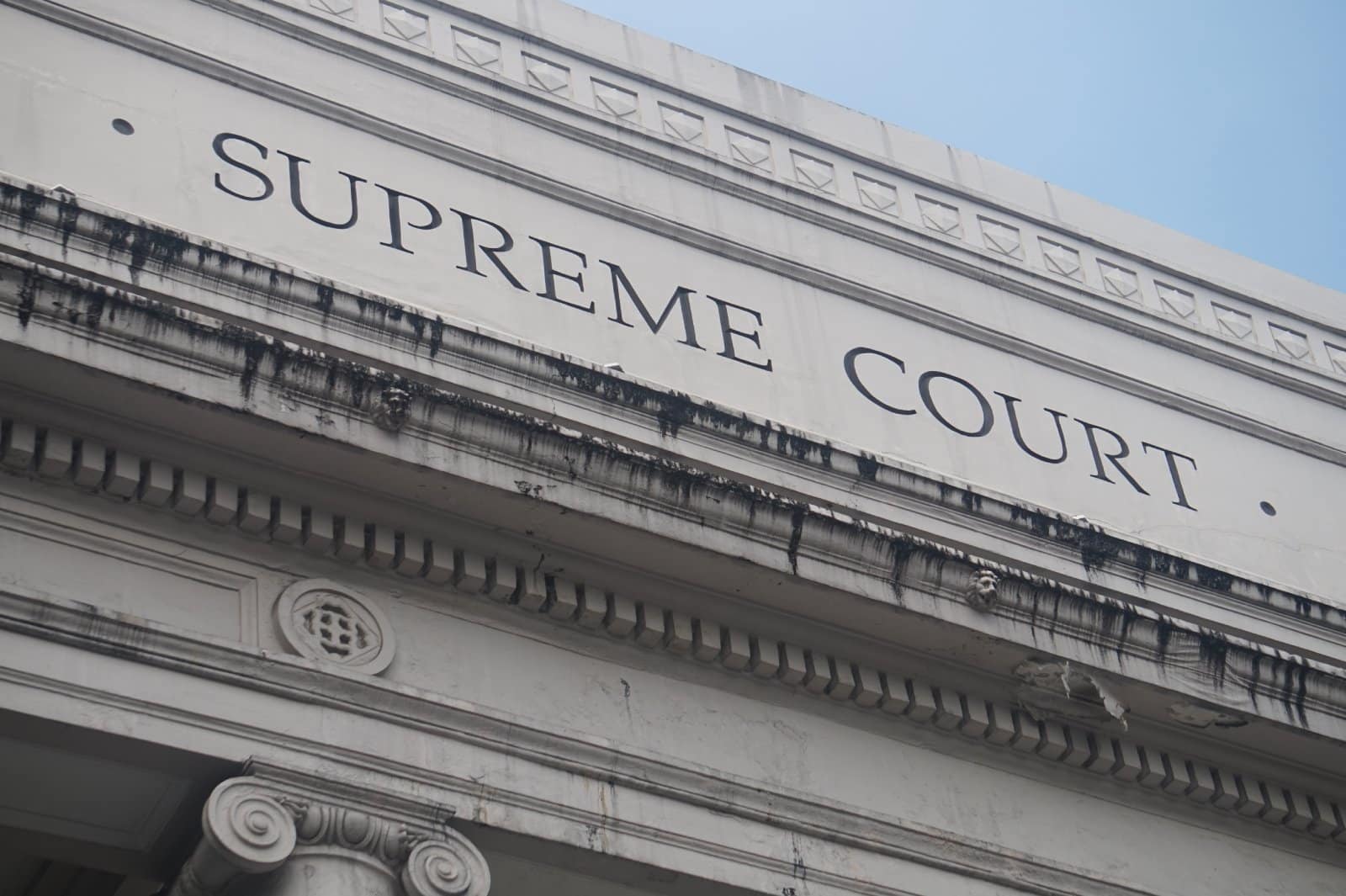
The Supreme Court recently ruled on the Department of State v. Muñoz case. The decision could have a significant impact on immigration and marriage equality in the United States.
The Case at a Glance
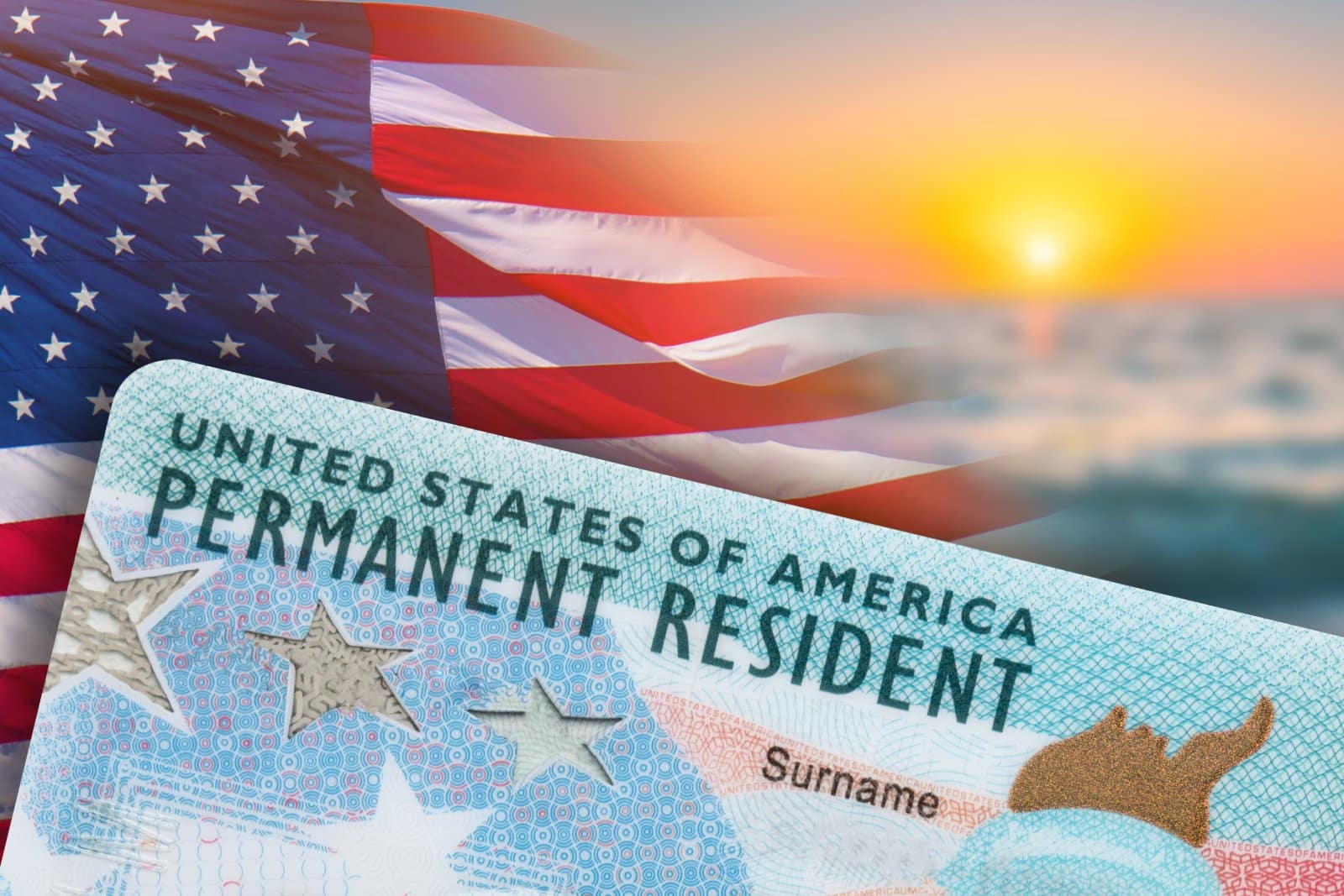
Luis Asencio-Cordero applied for a permanent residency card, also known as a green card, based on his marriage to American citizen, Sandra Muñoz. Ascencio-Cordero entered the country illegally in 2008, but received absolution for this entry.
The Process

Ascencio-Cordero then had to go back to El Salvador, his country of origin, and apply for the visa at this consulate, because of his original entry. However, his case was denied.
Tattoos as Evidence
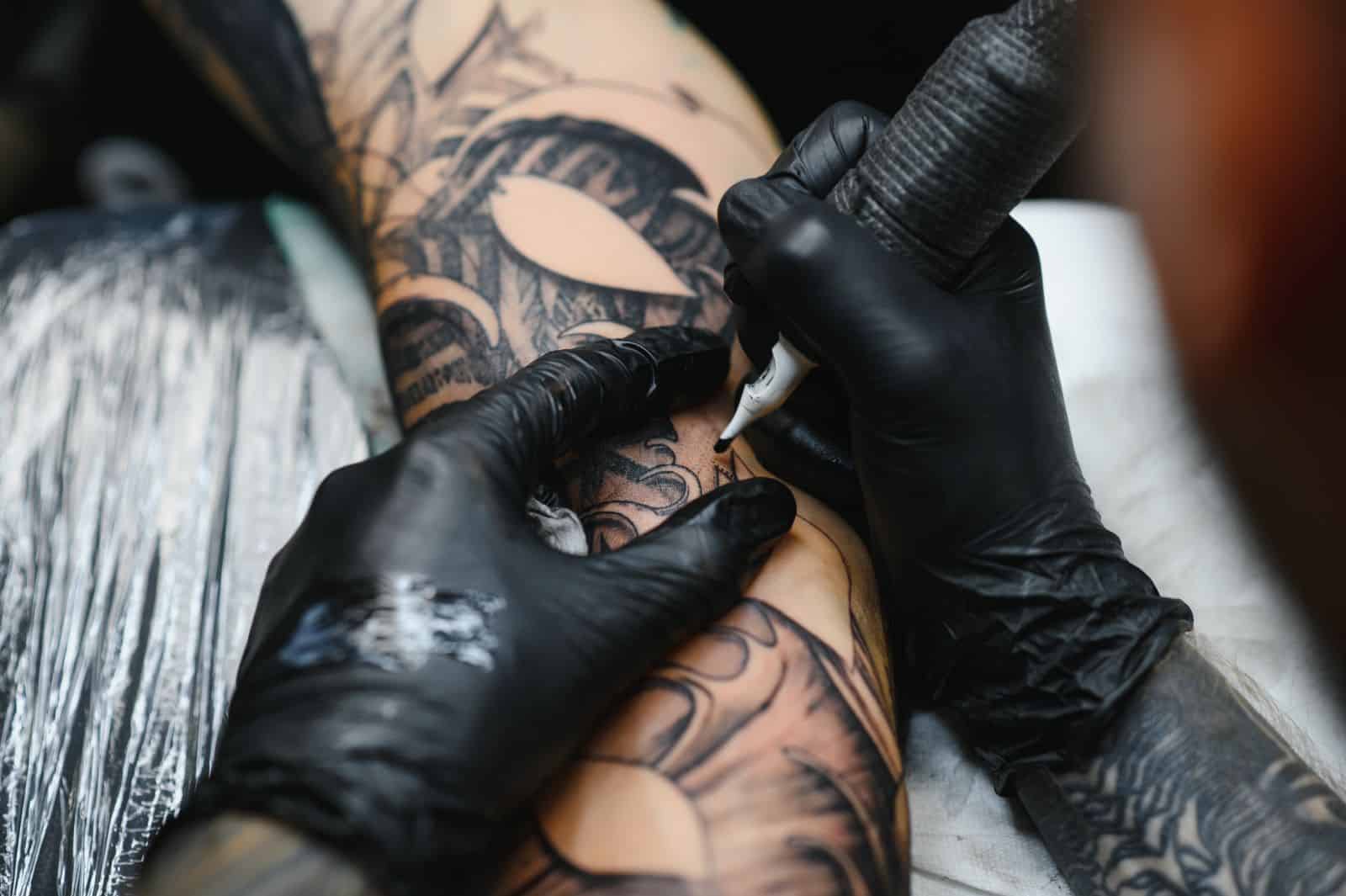
The decision was based on an assumption of gang affiliation. This was primarily based on his tattoos, although he has no criminal record, which has sparked debate about using this evidence in court.
The Verdict

The Supreme Court upheld this decision. In issuing further reasoning, the court distinctly separated the right to marry from the right to cohabit with a spouse, deciding that because the applicants were already married, their rights were not violated.
Justice Sotomayor Speaks Up

Justice Sonia Sotomayor spoke out against the ruling. She clarified that “this decision threatens the stability of marriages, particularly same-sex marriages.”
Immigration Policy Implications

This decision could have severe implications for immigrants whose background might be misunderstood. It further exacerbates the challenges faced by immigrants in proving that they should get legal status.
Threat to Marriage Equality

The ruling raises concerns about the practical aspects of marriage equality. By separating marriage from cohabitation rights, it could undermine same-sex marriages.
Impact on LGBTQ+ Couples

LGBTQ+ couples, especially those from countries that do not recognize same-sex marriage, could experience more difficulties. As Sotamayor concluded, “same-sex couples may find it harder to live together in the U.S. due to this ruling.”
Future Cases
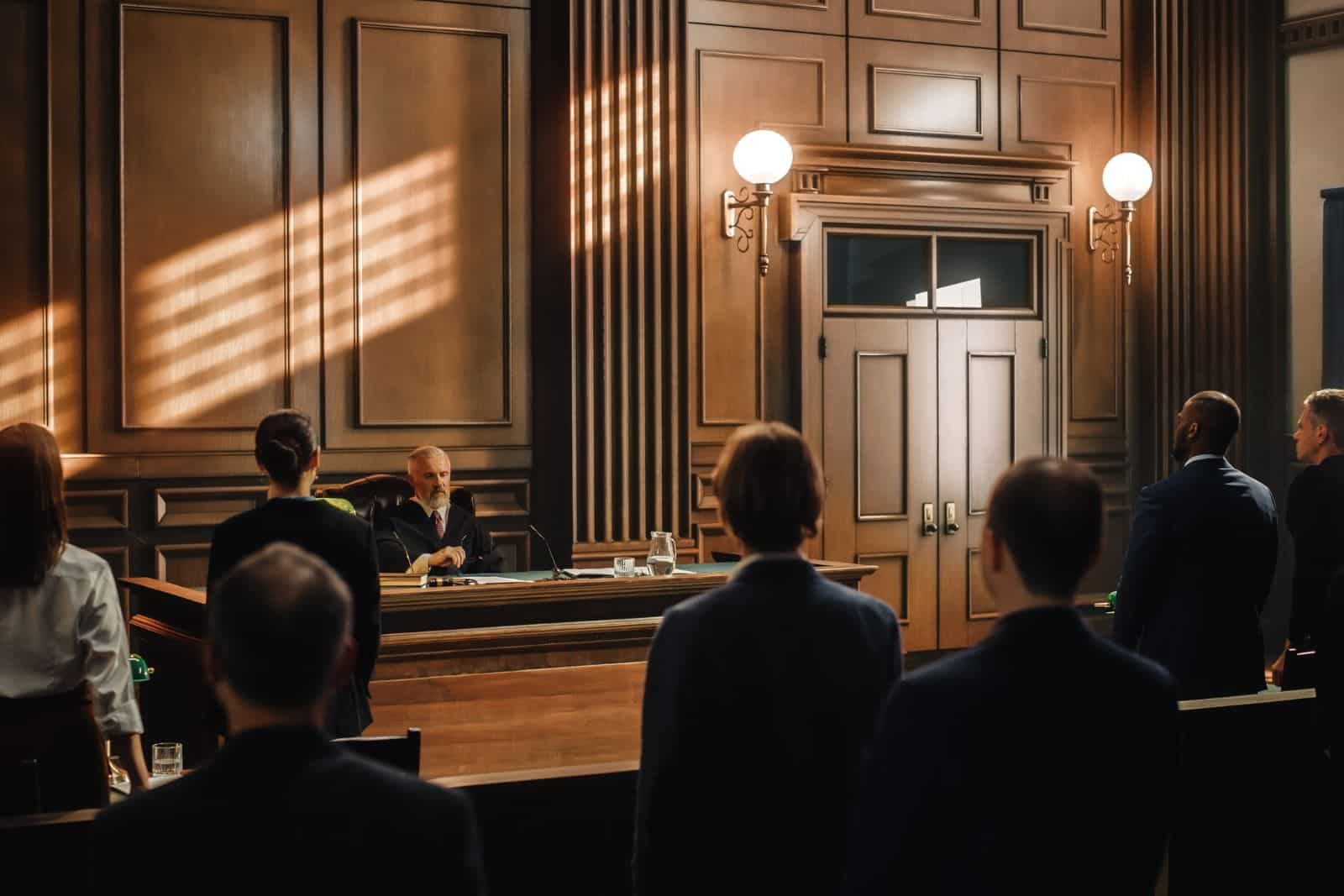
This decision might influence future cases involving marriage and immigration rights. It truly brings these potential future legal battles into the spotlight.
A Bipartisan Issue

Although the supreme court took this vote recently, the original denial actually occurred under Obama’s administration. This proves that immigration and marriage equality face obstacles in both parties.
The Biden Administration and Immigration
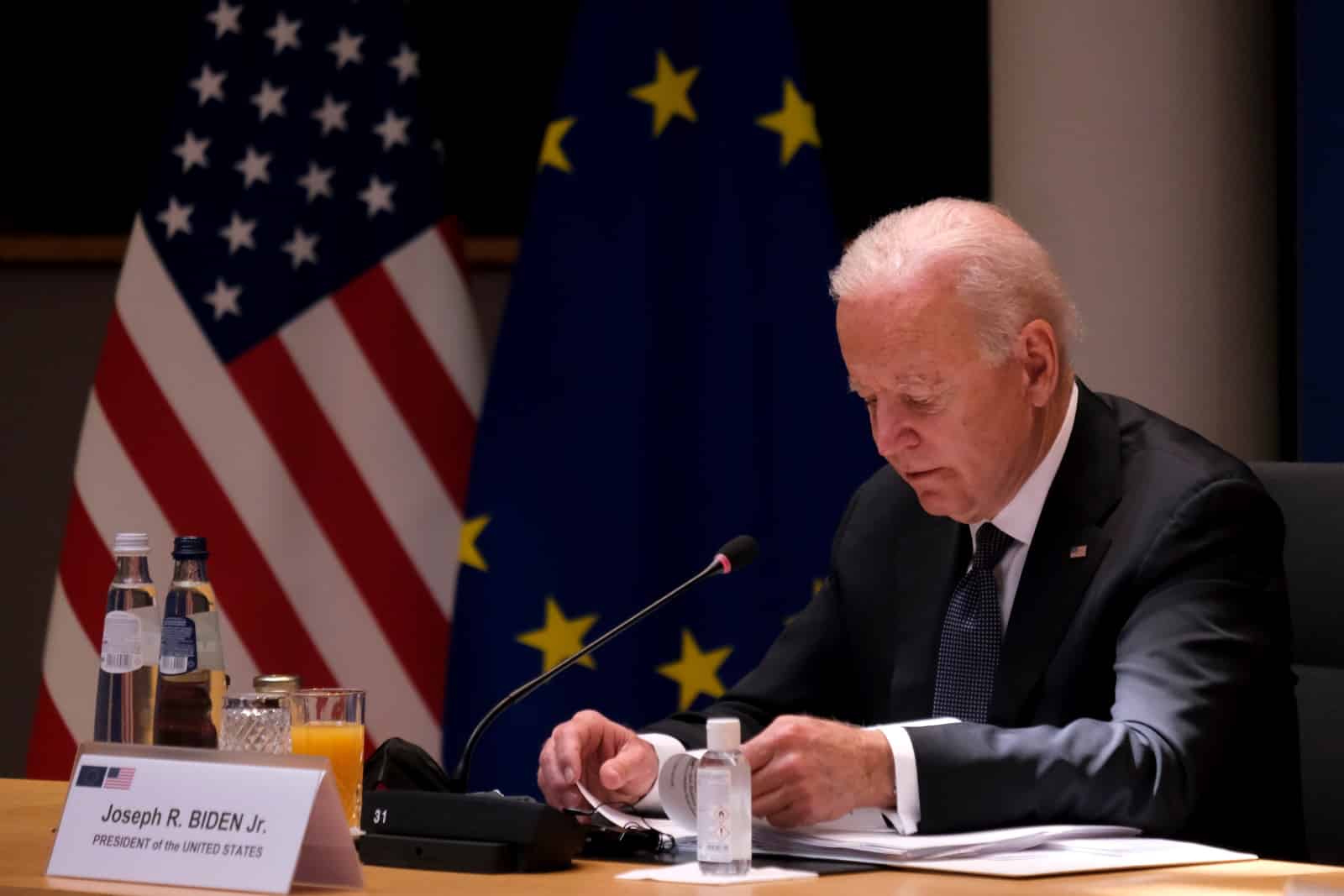
This decision seems contrary to Biden’s general platform on immigration. The President has been intentional about reversing immigration policies made under Trump.
“Parole in Place”
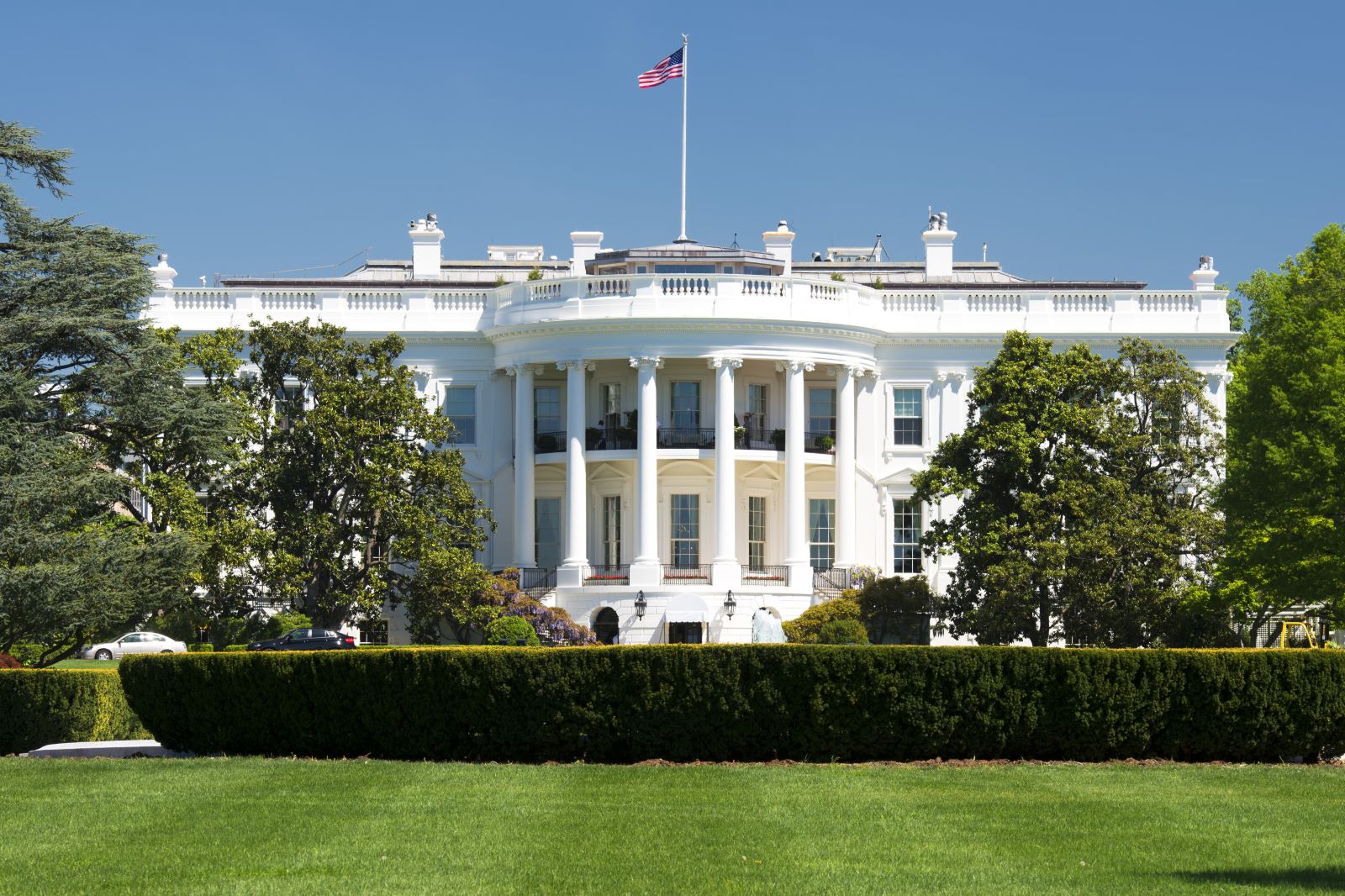
At the same time, the White House just recently announced a new process that allows spouses of U.S. citizens who illegally entered and have been in the U.S. for 10 years to apply for their immigration status switch in the U.S. which has little legal holdup and will likely be challenged.
Security and Rights
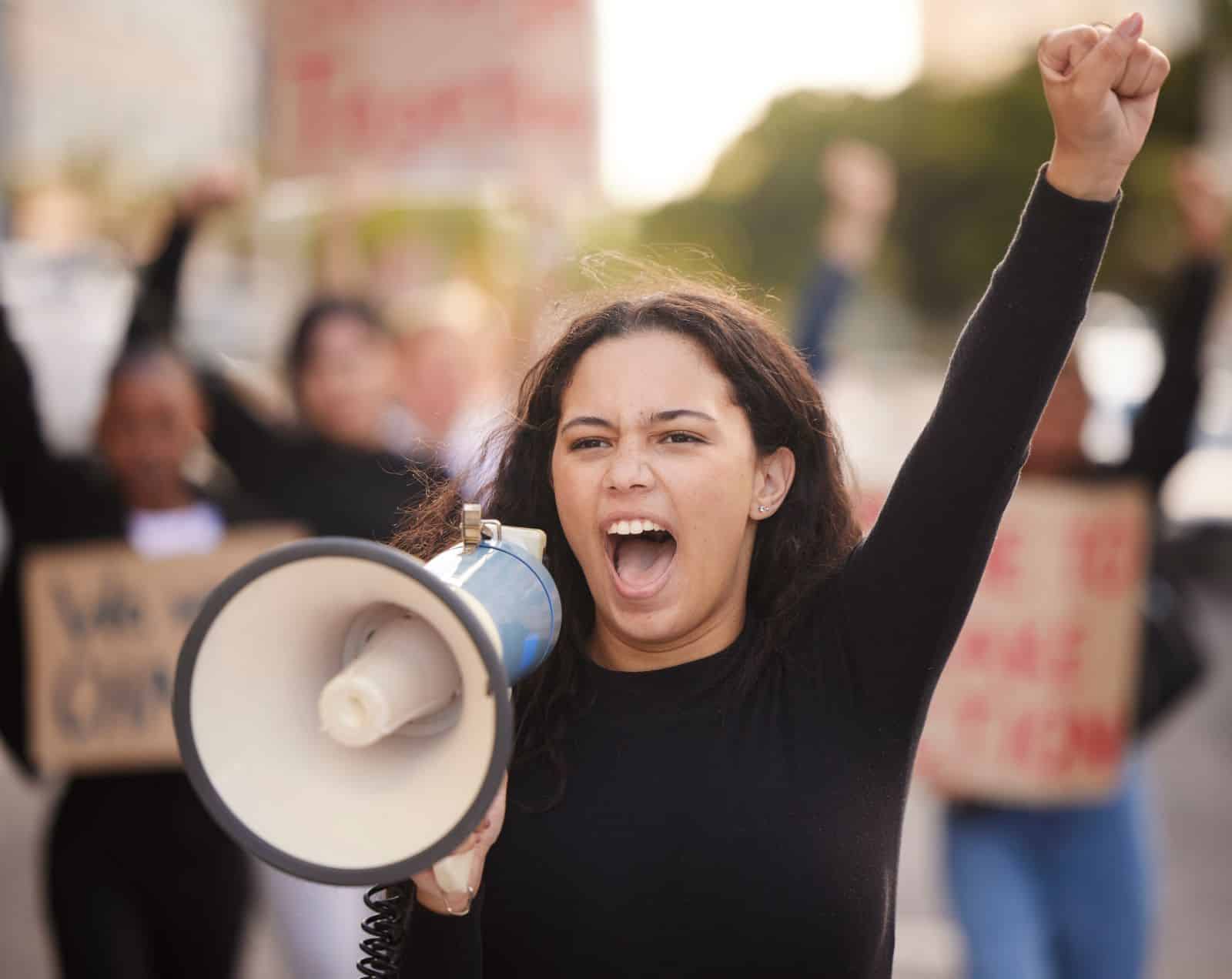
This case further shows that the country is divided between national security concerns and individual rights. It’s a challenge for the government to find the proper balance when prioritizing concerns.
Legal Judgements and Tattoos

The decision to use tattoos as proof of gang affiliation is highly controversial. This approach raises questions and debate about the fairness and the potential for misinterpretation.
Legal Repercussions

The decision could lead to more scrutiny over the backgrounds of immigrants in application processes. It may lead authorities to rely more on this vague evidence.
Same-Sex Marriage
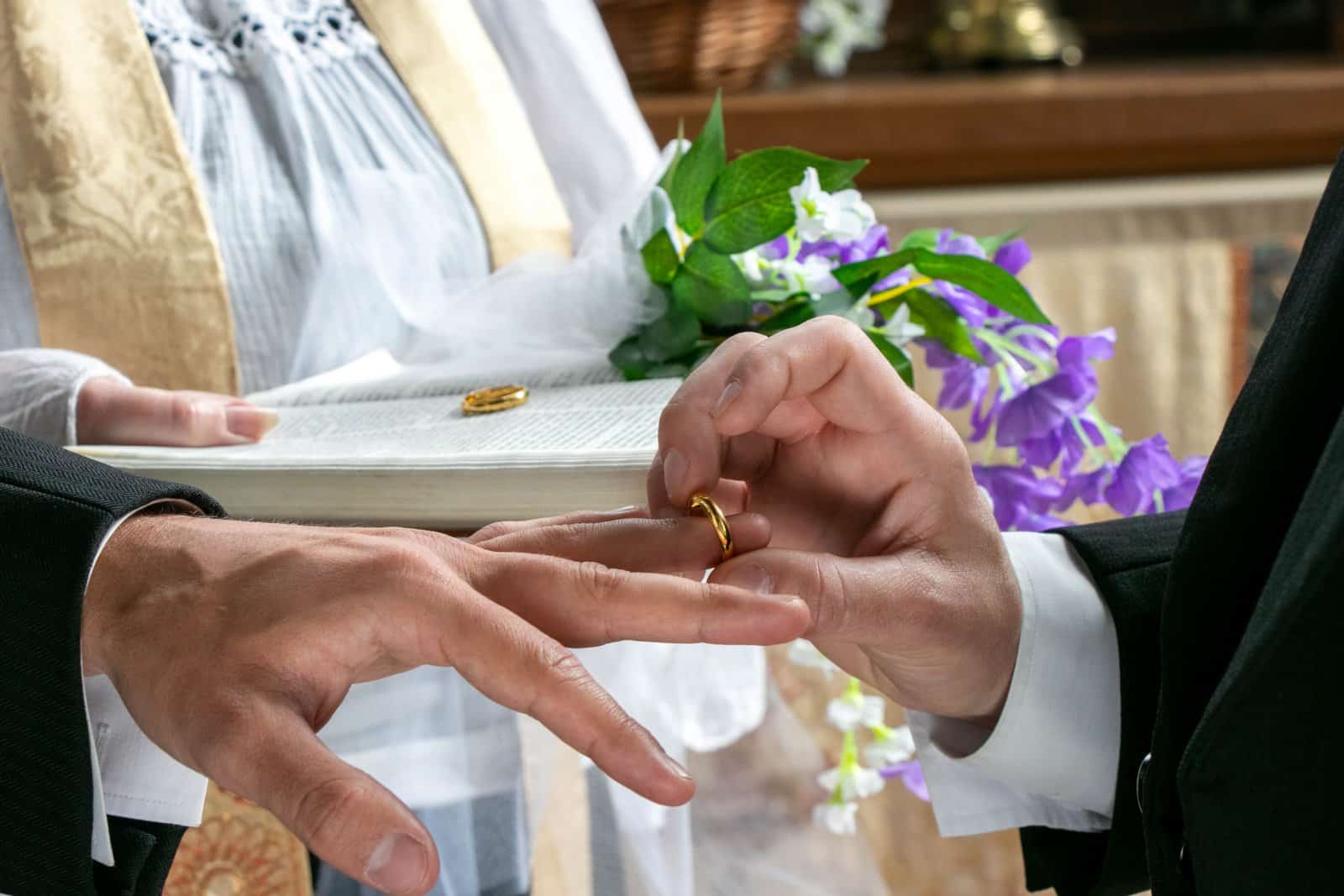
The ruling has brought more attention to the vulnerabilities for same-sex marriage rights. It highlights the need for constant updating and protection when these rights are called into question.
The Power of the Supreme Court

The decision also shows us that the Supreme Court has a lot of influence on our civil rights and everyday lives. Its decisions can have lasting impacts on future cases and social norms.
Concern From Advocates

Advocates are particularly worried that this ruling could lead to more denials that are based on weak evidence. Many believe there needs to be more established fair and clear guidelines for future cases.
Potential Policy Changes

Immigrants may expect some future policy changes related to this case. Whether or not the government decides to take this as a learning opportunity for clearer guidelines or an excuse to limit future application approvals remains to be seen.
Public Reaction

The surprising nature of this case is that many of the big news agencies haven’t fully discussed it. Still, public reactions have been mixed, calling for strict immigration controls while others have called this an injustice.
Future Implications
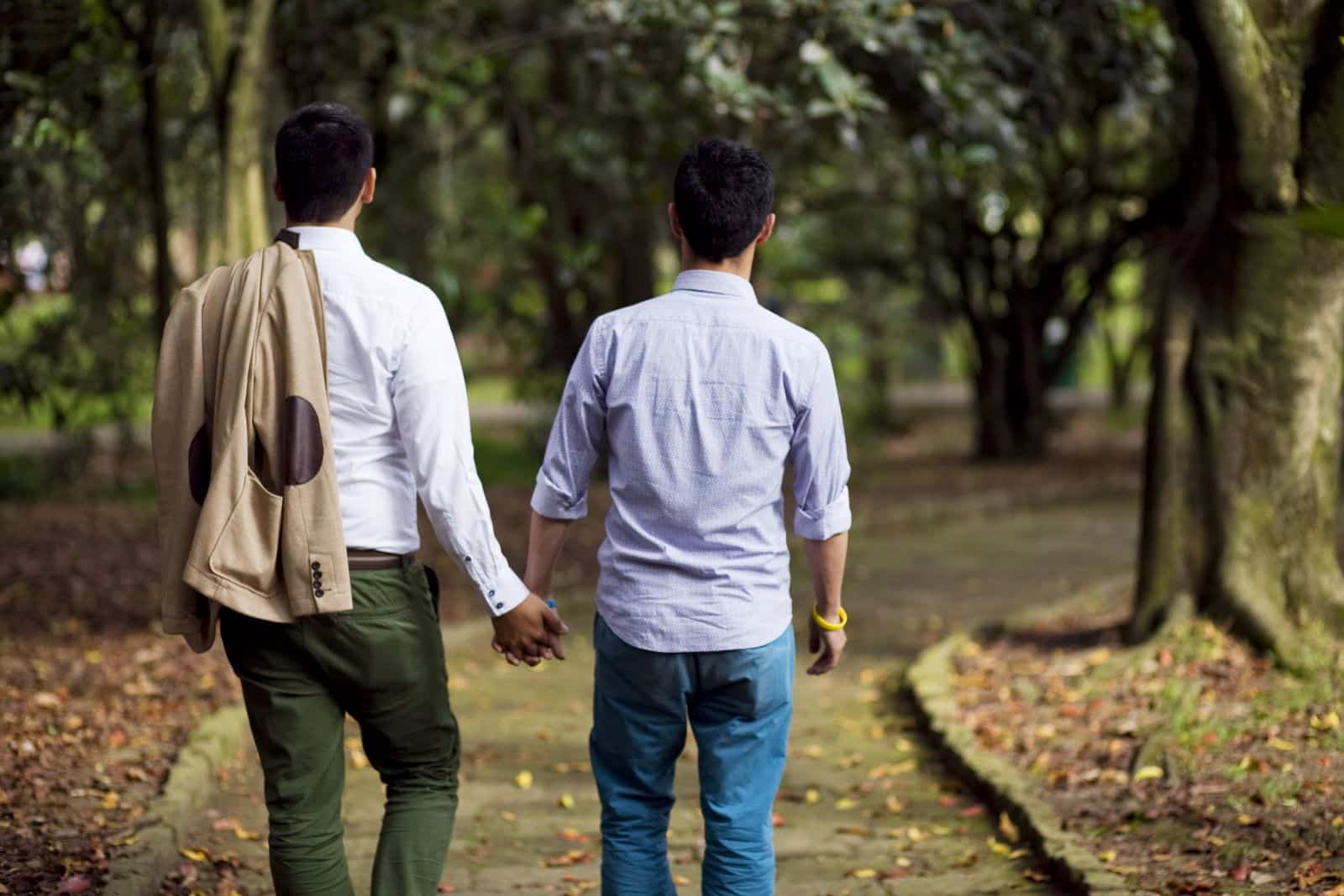
The ruling in the Muñoz case is a key moment in the ongoing debate over marriage equality and immigration rights. Its implications will likely be addressed in future cases and discussions.
21 Beliefs About the Bible That Are Actually False

The Bible is one of the most discussed and debated books in history, yet many common beliefs about it are more myth than fact. How many of these misconceptions have you heard before? 21 Beliefs About the Bible That Are Actually False
21 Subtle Racisms That Are Commonplace in America

Racism in America isn’t always overt; it often hides in plain sight through subtle actions and attitudes. How many of these subtle racisms have you noticed around you? 21 Subtle Racisms That Are Commonplace in America
Only Legal in America: 21 Things You CAN’T Do in the Rest of the World
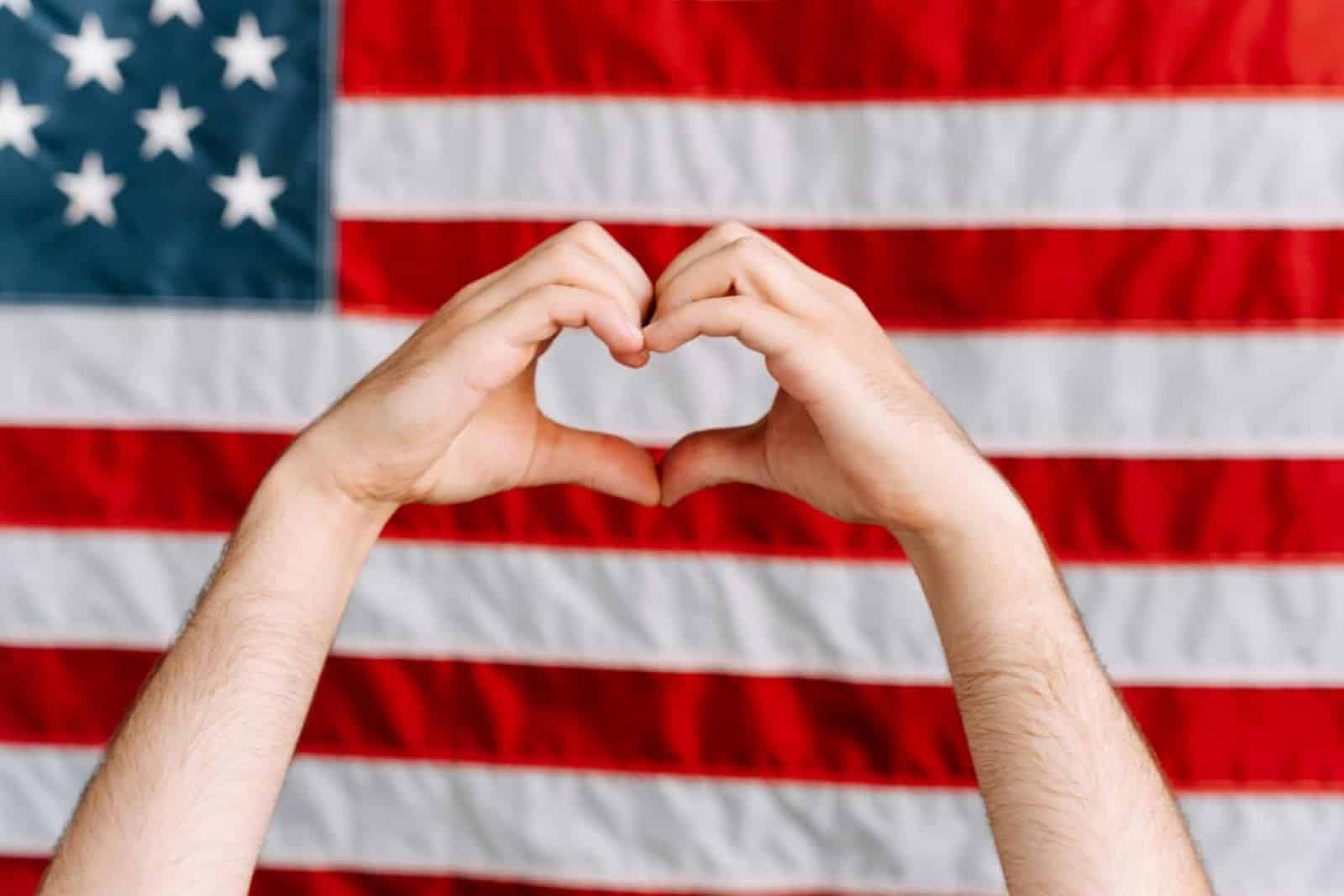
The U.S. dances to its own beat, especially when it comes to laws that make the rest of the world do a double-take. Here’s a lineup of things that scream “Only in America,” sticking strictly to what’s written in the law books. Ready for a tour through the American legal landscape that’ll leave you wondering if freedom might just be a bit too free? Only Legal in America: 21 Things You CAN’T Do in the Rest of the World
The post Latest Supreme Court Ruling Could Affect LGBTQ and Immigration Rights first appeared on Pulse of Pride.
Featured Image Credit: Shutterstock / Rena Schild.

